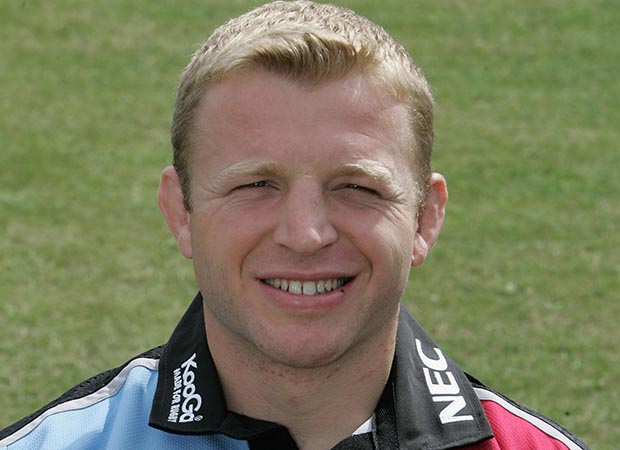
 Growing up in a small fishing village in North Pembroke-shire, it wasn’t unusual for me be up at 2am and spend 18 hours out at sea during my summer holidays with my late Uncle Phil, who was as lobster fisherman and always full of good advice. He instilled a work ethic in me that served me well through my career. Sadly, he passed away when I was 19.
Growing up in a small fishing village in North Pembroke-shire, it wasn’t unusual for me be up at 2am and spend 18 hours out at sea during my summer holidays with my late Uncle Phil, who was as lobster fisherman and always full of good advice. He instilled a work ethic in me that served me well through my career. Sadly, he passed away when I was 19.
I was lucky to have a very supportive family around me, as I made my way up through all the Wales age groups alongside my studies at UWIC. My Uncle Terry was a builder and he put up an 18-foot steel girder set in five foot of concrete in our back garden so that I had a post to practice my throwing against. The house has since been sold but the post is still there!
I’d like to think that the set-piece side of my game was solid throughout my career. I figured out early on at Bedford, my first pro club, that if I did the basics well, I’d more than likely play in most games. Sure enough, I was largely first choice over Richard Kirk who’d come over from Waikato and was very good in the loose.
The brilliant thing about Bedford is that it is a real family club. There was a real mix of established well-known names like Junior Paramore and Rudolf Straeuli and young guys like myself.
We really enjoyed ourselves after the home and away play-off against Rotherham ended all square and we stayed up on try count. It was such a relief that our jobs were safe … for now, at least. The next day we attended a sponsor’s event with our hair dyed platinum blonde and then us young lads headed off to Ibiza.
Problems over the ownership of the club surfaced soon afterwards, however, and a few of us moved on to Worcester, who were on the up at the time. It was a good place to be with a great bunch of enthusiastic supporters.
I moved back to Wales when an opportunity to play under Allan Lewis came up at Newport. The owner Tony Brown had assembled a quality side, and I found myself packing down with Adrian Garvey on one side and Rod Snow on the other.
While beating Toulouse at Rodney Parade was a great European night, I’d say that being part of the first Newport side to win the Welsh Cup since the ‘60s, in 2001, was probably the highlight. It was a great way for Gary Teichmann to bow out.
With Dorian West at the World Cup and James Buckland seriously injured, Leicester needed cover at hooker and I didn’t need a second invitation to join them for what turned out to be the best part of the 2003/04 season. Being around that environment was brilliant, a real step up in professionalism from what I had been used to, especially when all the World Cup winners came back.
After a brief spell back at Newport, Dean Richards signed me again, this time for Harlequins. I think Dean liked the fact I was hard-working and reliable but also a bit old-school like himself. Hookers don’t tend to get along with each other because the position is so competitive and combative but you couldn’t fail to like and admire Tani Fuga. The same can be said for George Chuter at Leicester.
John Kingston’s attention to detail was second-to-none and it was noticeable while I was at Quins how much the game had moved on by the mid-2000s. I started to think about life after rugby and did some coaching down at Beckenham.
It was then back to Wales and semi-pro rugby with Neath alongside a job in the energy industry, where I remain still. After two seasons there, I had one final year with Glamorgan Wanderers before knocking it on the head. The realisation that I was still feeling the effects of games on the following Wednesday took its toll but I’m thankful for a career where for over a decade I got to do something I loved every day.

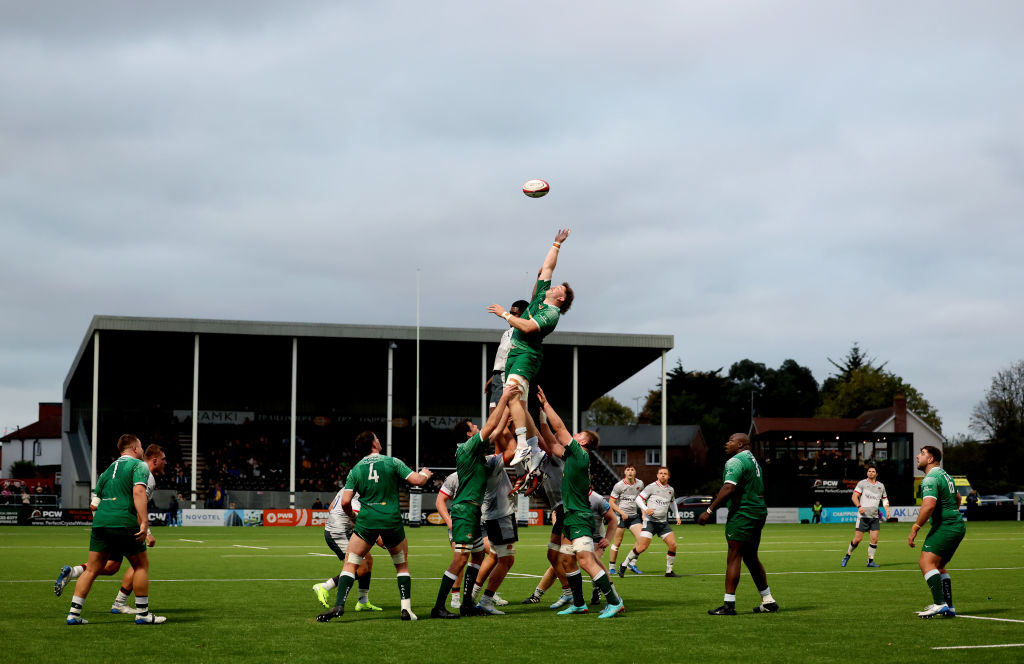
English Championship
What the new Championship format could mean for English rugby

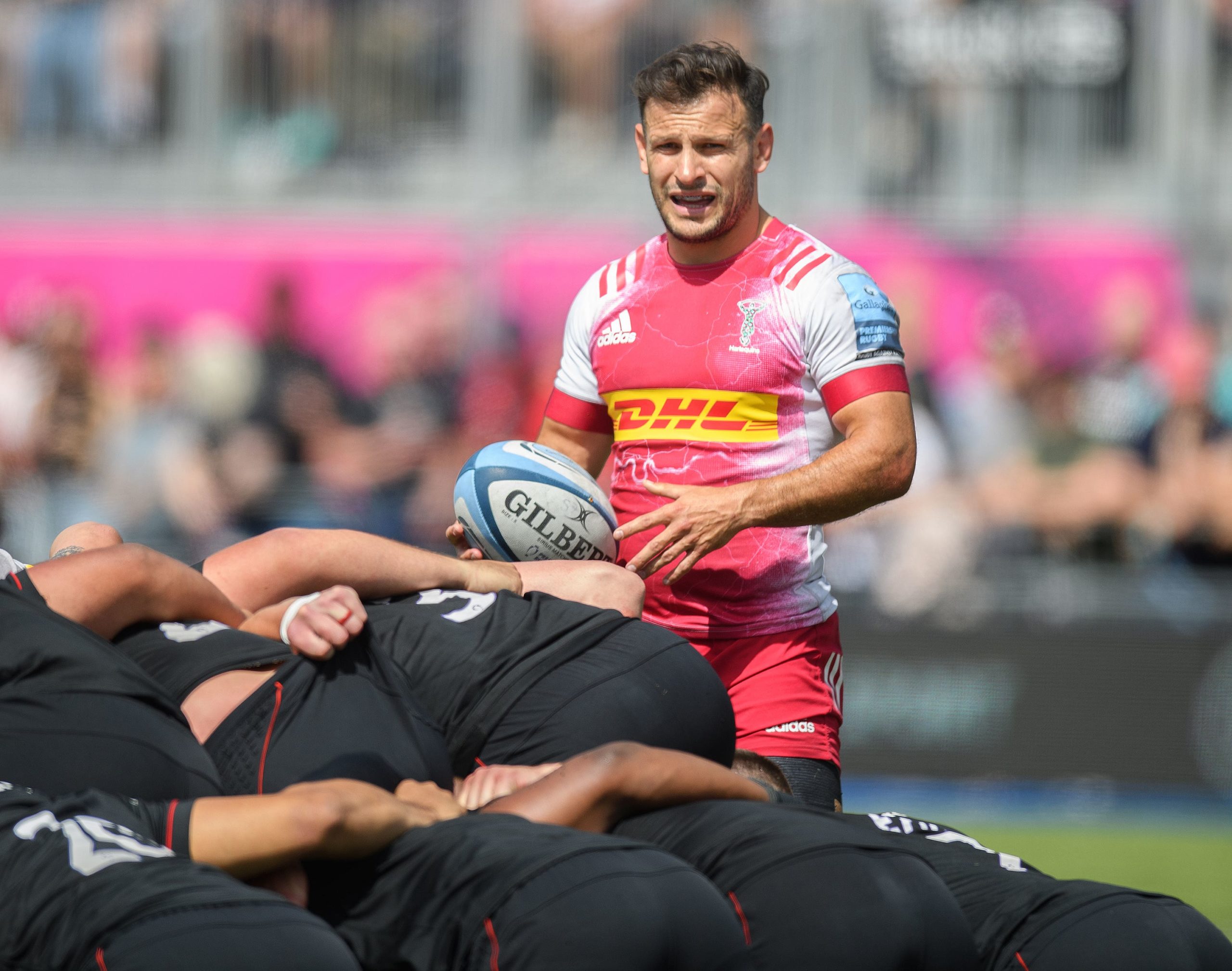
















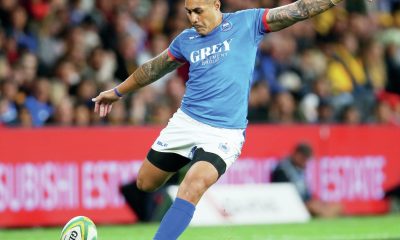

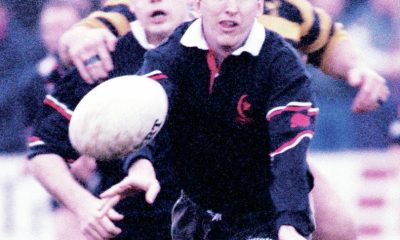





You must be logged in to post a comment Login